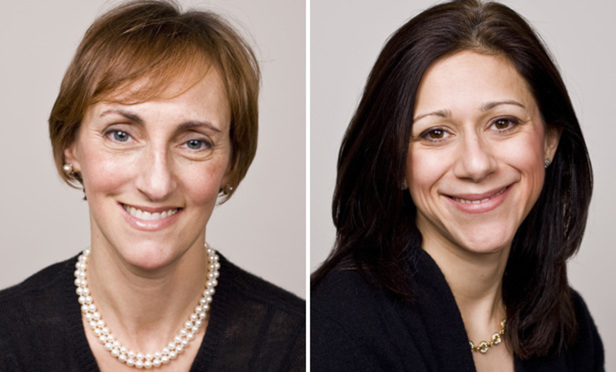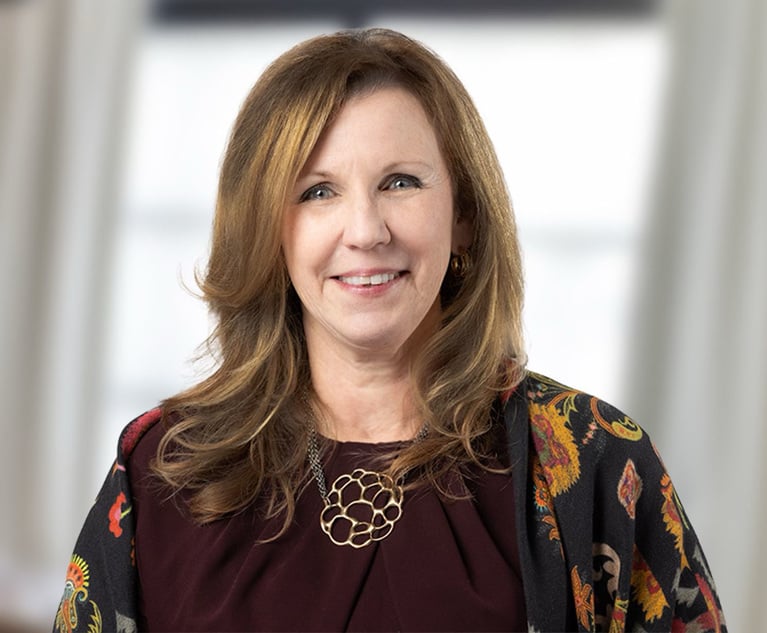News outlets across the globe are rife with accounts of human rights violations. In some instances, these violations are attached to non-state actors (whether individuals or organized groups) who, in some manner, abuse or deny individuals their basic human rights, as set out within the UN’s Universal Declaration of Human Rights and/or various U.S. statutes and the Constitution. Generally speaking, the definition of human rights as set out in the Universal Declaration includes, but is not limited to: the right to asylum; freedom from interference with family and home; and freedom from torture. Furthermore, both the Universal Declaration and the U.S. Constitution enumerate the right to equality; life; freedom of religion; and freedom from discrimination.
Recent cases of non-state actor human rights abuses include the 2018 anti-Semitic Pittsburgh synagogue shooting, and sexual harassment brought to light by the #MeToo movement. Though the Pittsburgh synagogue shooter allegedly acted alone, his actions are thought to have stemmed from the white supremacist and white terrorism movement within the United States. Likewise, the #MeToo movement connected reports of individual cases of workplace sexual harassment and assault to larger societal concerns surrounding the violation of women’s human rights—including the right to be free from sexual harm as set out within the UN Declaration on the Elimination of Violence Against Women. More commonly, instances of non-state actor human rights violations within the United States take the form of housing rights, workers’ rights, and public assembly rights violations, all of which are encompassed within Articles 16-30 of the Declaration of Human Rights. For example, New York City community groups, collectively titled the Broadway Triangle Community Coalition, brought a suit claiming racial discrimination against a Brooklyn housing development project situated on city land. After eight years of litigation, the plaintiffs prevailed in a 2017 settlement agreement that protected housing rights, and provided additional affordable housing units in compliance with Article 25(1) of the Universal Declaration of Human Rights.


 Abby Tolchinsky and Ellie Wertheim
Abby Tolchinsky and Ellie Wertheim




